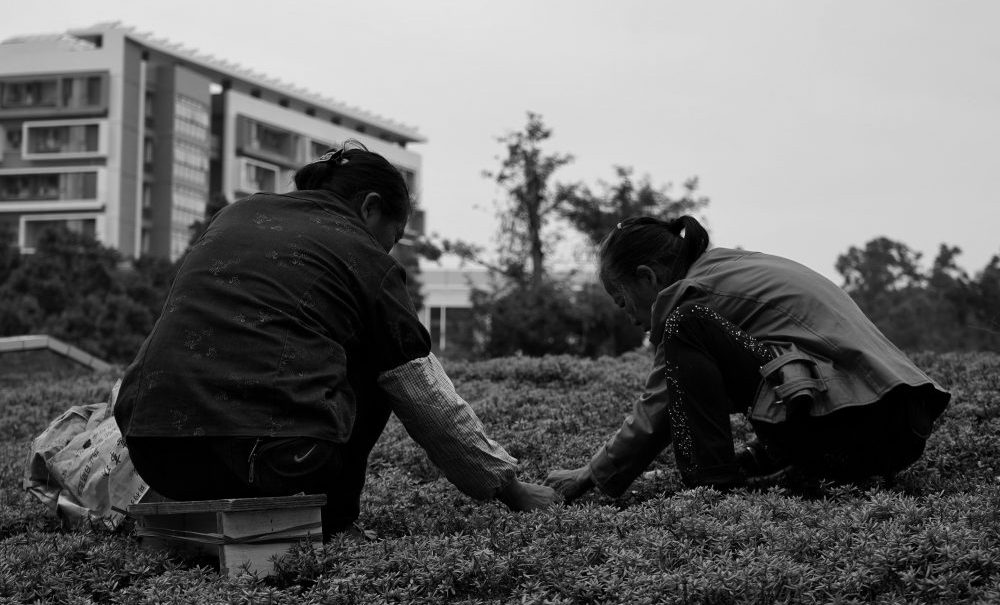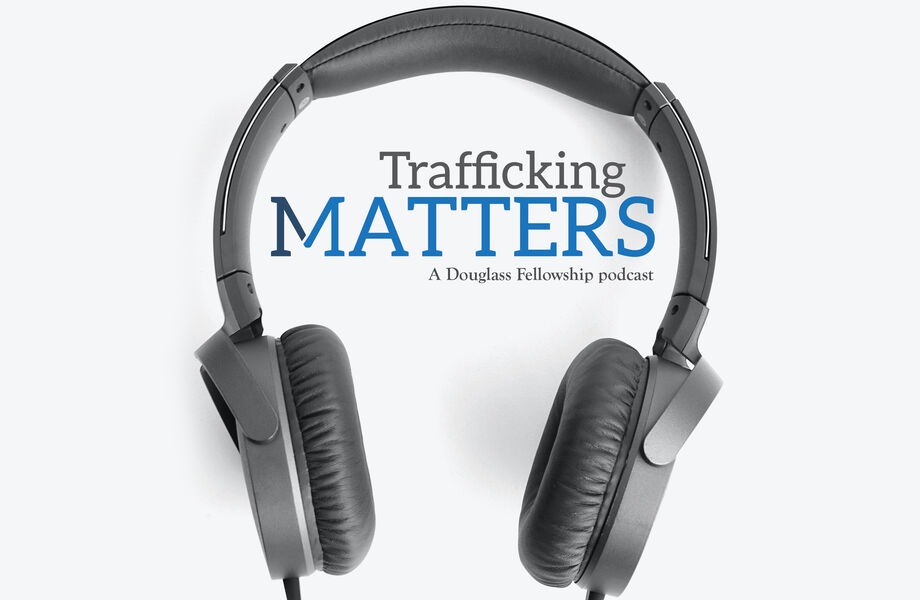By: MARIE MARTINEZ ISRAELITE and SULEMAN MASOOD
Survivors of human trafficking experience devastating long-term effects from trauma related to their exploitation. For individuals who have been exploited for labor or commercial sex, trauma is not a one-time isolated event occurring in the context of an otherwise stable life but the result of repeated, prolonged exposure to systematic maltreatment, emotional manipulation, and denial of basic liberty. For many survivors of trafficking, their experience of traumatic events may begin long before their trafficking victimization, often with violence or neglect in the childhood home and the community. The compounding toll of complex trauma can be debilitating, resulting in significant health and mental health issues as well as long-term economic impact. Victims commonly suffer from anxiety, depression, panic disorder, sleep disturbances, substance abuse, eating disorders, suicidal ideation, and self-harm—or a combination of these.1
In addition, a victim’s ability to form healthy attachments can be significantly compromised, leading to pervasive feelings of isolation, hopelessness, and a deep distrust of others. We cannot overstate this impact of trauma on trust and safety in relationships. According to Bessel van der Kolk, a renowned psychiatrist who conducted seminal research on post-traumatic stress and the impact of trauma on human development,
“Being able to feel safe with other people is probably the single most important aspect of mental health; safe connections are fundamental to meaningful and satisfying lives.”2
The consequences of trauma can limit a victim’s capacity to feel safe in the world and value their own place in it, long after they’ve found freedom. We must also recognize that the ripple effects of trauma extend to a victim’s ability to fully engage with victim services, healthcare, and, in the event of a criminal investigation into the trafficking, the criminal justice system response. Skillful and coordinated trauma-informed care – at all levels and in all interventions – must be the cornerstone of our work with all survivors.
Fundamentals of a Trauma-Informed Approach
The victim services field has long held that a trauma-informed approach is a requisite, central ingredient for the sound delivery of comprehensive services to survivors. A trauma-informed approach recognizes behavioral indicators of trauma reactions for what they are – as opposed to victim blaming or viewing behaviors as simply maladaptive – and responds by cultivating a systemic approach that integrates knowledge about trauma into all policies and practices. At its core, a trauma-informed approach requires the promotion of safety (physical, emotional, psychological) above all else and strives to thoughtfully incorporate trust, transparency, peer support, collaboration, empowerment, and attention to cultural, historical, and gender issues into all survivor interactions.3

To be trauma-informed requires a fundamental shift in thinking about the relationship between helpers and those who are being helped – it recognizes the inherent imbalance in power dynamics and strives for equity so that survivors can be treated as partners in the process. Simply put, a trauma-informed approach will meet a survivor “where they are” and will include a nonjudgmental needs assessment, which will take place in order to provide the necessary supports to help heal an individual with lived experience. Importantly, these principles apply not only to clinicians and those in a long-term helping role but to everyone within an organization who comes into contact with survivors.
Trauma-Informed Investigations and Prosecutions
As social service providers, medical providers, and public health professionals make strides in their endeavors to create and sustain trauma-informed organizations, criminal justice agencies should also take seriously the call to assess and improve practices using a trauma- informed lens. While criminal justice professionals are not responsible for the provision of trauma-specific care4 or clinical services designed to treat the psychological and behavioral consequences of exposure to trauma, they have a vital role in understanding the impact of trauma and using that knowledge to frame their work and interactions with victims who are witnesses in their cases. In short, it is not enough to simply identify victims in need of services and refer them to nongovernmental partners; in order to support better outcomes for victims and develop more successful cases, law enforcement must also invest in implementing trauma-informed approaches in their daily work. By utilizing a trauma-informed approach from the first meeting all the way through sentencing, the justice system can both prevent retraumatization as well as support victims’ ability to become stronger, more reliable witnesses.

In order to fully consider all the ways in which a trauma-informed approach is beneficial in the context of investigations and prosecutions, we must first remember that victims do not choose to be trafficked; their entry into the criminal justice system – via their role as witnesses – is involuntary. To many, participation in the investigation can feel like one more aspect of victimization because it’s not of their choosing and because it necessitates revisiting the most painful memories of their trauma.
Many victims, particularly those with prior criminal justice system involvement or those who do not have legal immigration status, feel significant fear and distrust of investigators. Also, we must not forget that the justice system asks a lot of victims. During the course of a case, victims may be asked to disclose traumatic experiences to strangers, perhaps many times; revisit the crime scene; review physical evidence; testify at trial in a courtroom with their trafficker; face threats against family and loved ones; manage frequent disruptions to normal routine; and endure many months – often years – of waiting for the case against their trafficker to go to trial. Victims may also experience challenges or setbacks during the investigation such as a change in case agent or prosecutor, delays in the trial, or disappointing sentencing outcomes.
Although we cannot anticipate and prevent every trauma reaction that may come up in the course of the criminal justice process, there are many trauma-informed approaches that contribute to building a sense of trust, safety, and mutuality in work with survivors.
Part II of this article will focus on exploring some of these best practices.
- 1 Clawson, H.J., Salomon, A., and Grace, L.G. (2008). “Treating the Hidden Wounds: Trauma Treatment and Mental Health Recovery for Victims of Human Trafficking.” Washington, DC: U.S. Department of Health and Human Services, Office of the Assistant Secretary for Planning and Evaluation. https://aspe.hhs.gov/sites/default/files/pdf/75356/ib.pdf
- 2 Van der Kolk, Bessel A. (2014). The Body Keeps the Score: Brain, Mind, and Body in the Healing of Trauma. New York, New York: Penguin Books.
- 3 U.S. Department of Health and Human Services, Substance Abuse and Mental Health Services Administration (2014). SAMHSA’s Concept of Trauma and Guidance for a Trauma-Informed Approach. Pub ID#: SMA14-4884. Washington, DC: SAMHSA. http://store.samhsa.gov/shin/content/SMA14-4884/SMA14-4884.pdf.
- 4 DeCandia, C., Guarino, J., and Clervil, R. (2014). Trauma-Informed Care and Trauma-Specific Services: A Comprehensive Approach to Trauma Intervention. American Institutes for Research. https://www.air.org/sites/default/files/downloads/report/Trauma-Informed%20Care%20White%20Paper_October%202014.pdf




